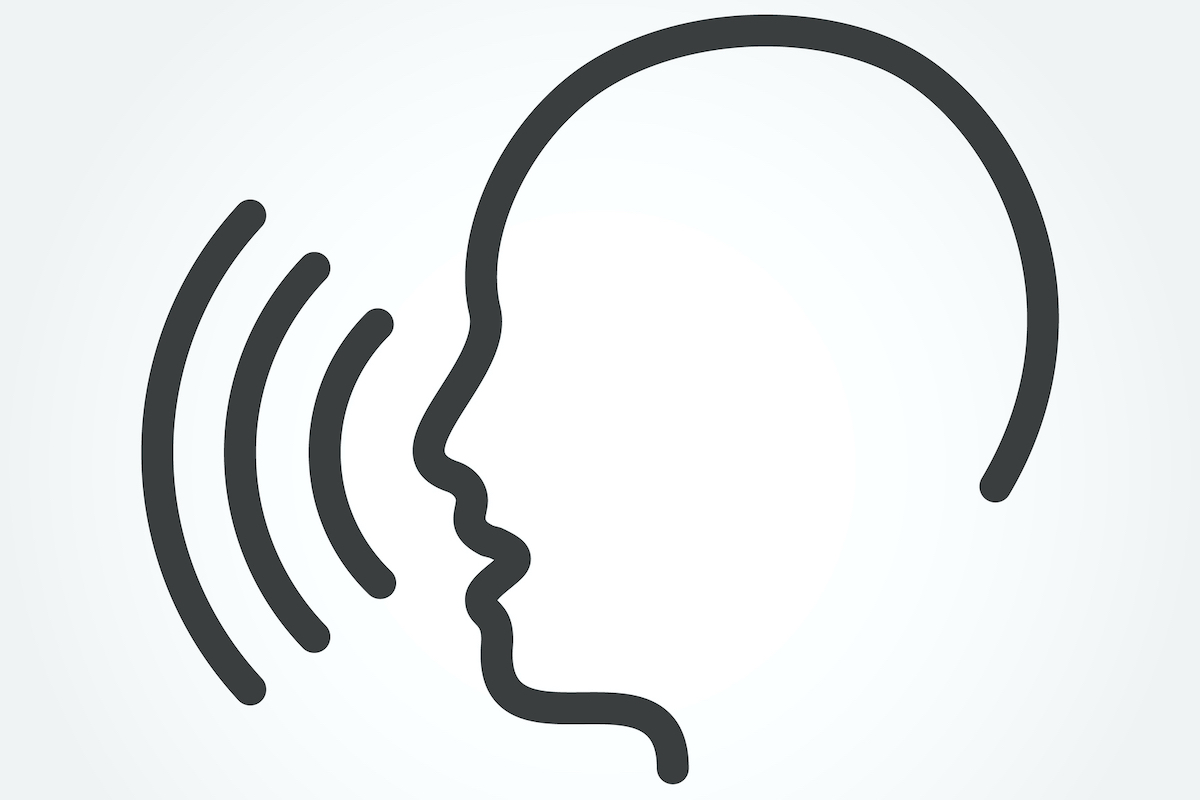Introduction
Learning languages is a lifetime commitment but it's worth all the effort. I believe that we all can learn something new or just be inspired by the people around us therefore I hope this advice page inspires you to try something new/different to hopefully enhance your learning.
Before I get into the advice, unless you want to skip ahead, let me introduce myself. I am Spencer, a 27-year-old American, and an aspiring polyglot. From what I remember, the first 'foreign' language I encountered as a child was Chinese seeing that my primary care doctor was a man from China. That is also why I wanted to learn how to use chopsticks, that, also the fact we went to a Chinese restaurant quite often. Right after Chinese was Spanish as we were taught very basic vocabulary in elementary school and I didn't know it at that time but I didn't connect the dots between the Spanish language and Mexican food until I was a bit older. Next was Japanese as anime came into my life in middle school as I was allowed on the internet more. I honestly can't remember the ones I watched back then besides discovering Death Note and just immediately wanting to learn the Japanese language. THEN comes KPOP in 8th grade with Super Junior/SHINee and over a decade later I am still a huge KPOP fan. When I went to Washington DC for a school trip I actually bought a Korean textbook and tried to learn. However, I didn't start seriously learning Korean until June 2021. I took Spanish for three years in high school (my senior year of hs was college Spanish) and I took a Chinese class in hs my senior year as well. Then in university, I took Spanish all the way to advance special topic: medical Spanish. Now, Korean is my main priority and I enjoy studying all four languages. Though I have only recently (in the last two years) started self-studying seriously, I do have years of studying in an academic setting. I think I am pretty flexible and have a pretty good idea of what works for me and I know that doesn't mean that it will work for everyone else but if I can at least inspire one person, I will be happy!
Advice #1 Using a Planner/Bullet Journal
I use this monthly calendar planner to plan out what languages I am doing per day so that when I start my study session I don't have to think about what language to study. This also helps me keep track of how many days I am studying my priority language and helps me maintain focus on the languages that I deem important.
From there I make study plans per day in detail with what I want to accomplish in each language that I am going to study that day. One way to do this is to have a bullet journal.
Another way is to use a notes app to jot down your plans!
I do this because it gives me structure to my self-study journey. I know as a self-learner it is hard to know what to do next and what to learn but taking a little time to make a study plan will help take out the guesswork.
Advice #2 It's Not a Race
Learning multiple languages takes time, so don't rush yourself. Enjoy the process. It takes years to learn a language to 'fluency' and longer when you are learning several at once, but that's fine. There's no rush. Learn because you're passionate about languages. Learn because you want to. Learn for yourself. Don't doubt yourself. You are capable.
Advice #3 Learn to Prioritize
There is not enough time in a day to learn multiple languages so learning how to prioritize languages and tasks is very important. Pick the languages that you want to focus on and grow in as well as pick those languages that you are learning but might only want to maintain or retain information that you've learned while focusing on the priority languages.
Advice #4 Practice Speaking ASAP
The best way to get better at speaking is to practice even at the beginning stages. Start shadowing asap like the audio from Duolingo. Repeat, repeat, repeat! Speak out loud every chance you get and talk to yourself throughout the day.
Although at the beginning stages, you won't understand much consistent exposure to the native language will help train your ears to the sounds and intonations. Don't look up everything that you don't know because more than likely you'll get overwhelmed. Pace yourself, but keep up with the immersion. Watch movies, shows, and vlogs, and listen to music and podcasts in your target languages.
Advice #6 Limit your resources
While it is good to have a variety of resources having too many is problematic. Utilize a couple of books, and fully understand what's in those books before getting more. Besides books, limit how many apps and websites you use. Find ones that aid your book studies with practice and review.
Advice #7 Perfectionism is a no-no
This is something I am still working on but language learning in itself is imperfect mistakes are going to happen so waiting until perfection happens to speak or write is taking so many opportunities away from you. Practicing is key for language learning so don't be afraid. Let's do this together, ok?
Advice #8 DON'T compare your journey to others
If you do this, I get it, I do it too sometimes. It's hard not to. But we all have our own paths that are unique so there is no need for comparison. Each person studies differently taking different lengths of time so just focus on yourself and where you want to go with your target languages.
Advice #9 Be Consistent

The language learning journey is long and pretty repetitive, but in order to get closer to 'fluency' one has to be consistent. Even if you only do 5 minutes a day, it's better than 3 hours on 1 day per week. It's better to slowly progress every day than study once a week.












Comments
Post a Comment